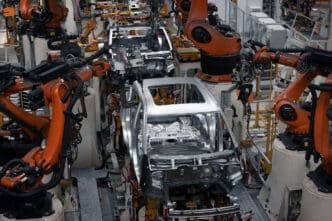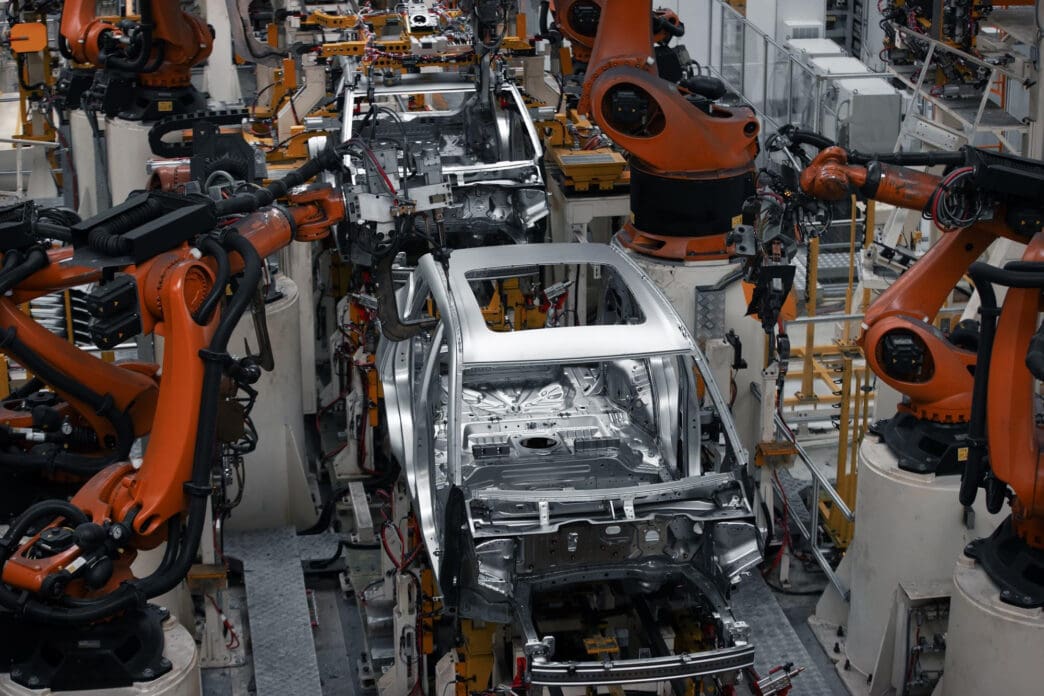Executive Summary
The Story So Far
Why This Matters
Who Thinks What?
China’s ambassador to France and Monaco, Deng Li, emphasized Beijing’s readiness to collaborate with Europe on emerging industries, including electric vehicles (EVs), while cautioning against protectionist trade measures. Speaking in Paris on October 15, Ambassador Deng stated that China hopes for globally integrated industrial chains and views trade tariffs, such as those imposed by the EU on Chinese EVs, as counterproductive to reducing trade deficits and fostering innovation.
Building Emerging Sectors Together
Ambassador Deng highlighted that new industrial and supply chains are rapidly forming due to technological advancements. He expressed China’s sincere hope that these chains would be global, urging European small and medium-sized enterprises (SMEs) to consider their role in these future industries.
Deng Li suggested that both China and Europe could learn from each other to ensure shared growth and a secure position in these evolving supply chains. He underlined the idea that “progress cannot be stopped,” reflecting an inevitable shift in global economic structures.
Addressing Trade Protectionism
The ambassador specifically addressed the European Union’s tariffs on Chinese-made electric vehicles, labeling such measures as protectionist. He argued that these actions are prone to provoke retaliation and would ultimately fail to reduce trade deficits.
According to Deng, such protectionist policies risk putting Europe behind in fundamental technologies. This, he suggested, could create an innovation gap, making future cooperation more challenging between the two economic blocs.
Outlook on China-EU Economic Ties
Ambassador Deng Li’s remarks underscore China’s push for collaborative development in new industries and its strong opposition to trade barriers. Beijing, he noted, is not interested in what he described as a “completely unnecessary” trade surplus, advocating instead for a more balanced and integrated global economic landscape.








